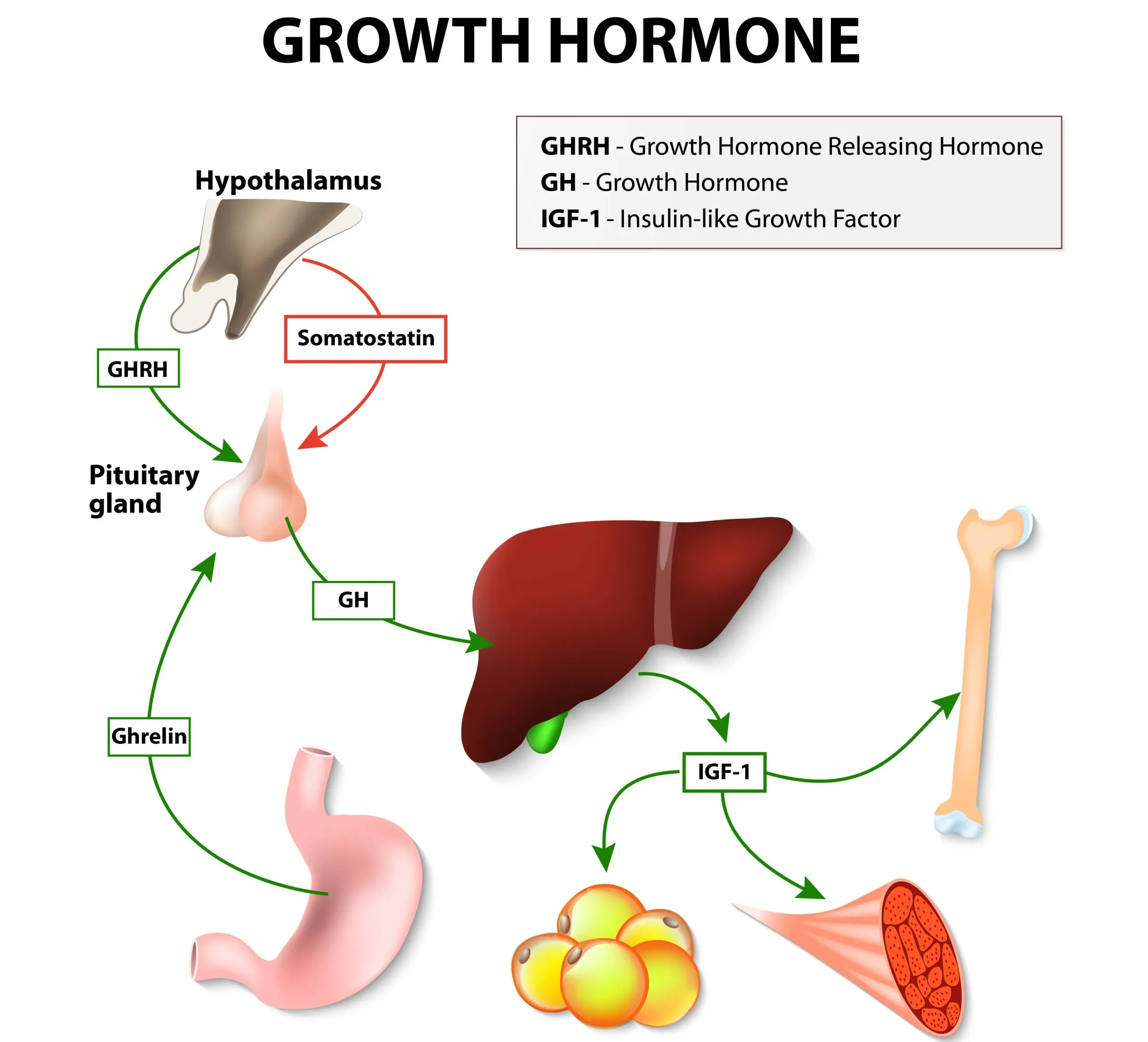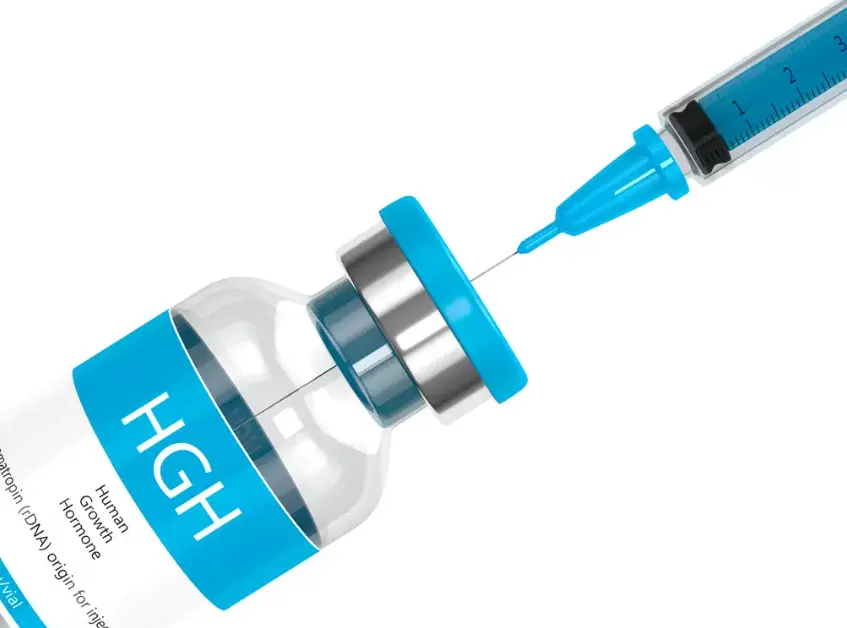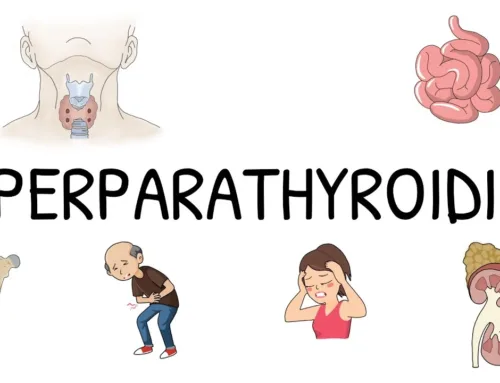
The human growth hormone, or HGH, has been used by many people to help boost their performance in sports and other areas of life. But does it work as a performance enhancer? Let’s look at what exactly HGH is and how it works to help you decide if this treatment could be right for you!
Human growth hormone (HGH): Does it slow aging?

Human growth hormone (HGH) is a hormone that’s produced by the pituitary gland. It stimulates growth in children, but our HGH levels decrease as we age.
Because the body naturally produces human growth hormone, it’s not technically an “enhancement” drug like steroids or EPO. However, some people have been taking HGH supplements to improve their health and fight aging—and they’ve seen great results!
Do some adults need HGH treatment?

You may be wondering if you need HGH treatment. Some adults do, but not all.
As we age, our bodies produce less growth hormone (GH). GH is essential for growth in children and adolescents—it increases muscle mass, builds bone density, and promotes fat burning. As we age, GH levels decrease and become insufficient for optimal functioning. This can lead to symptoms like fatigue, weight gain or loss, depression or anxiety, and joint pain. If your healthcare provider has determined that low levels of human growth hormone contribute to these symptoms—and you have tried non-medical treatment options without success—you may be a candidate for HGH therapy.
How does HGH treatment affect healthy older adults?

HGH is a protein hormone produced by the pituitary gland at the base of your brain. Your body produces it throughout life, but levels decrease as you get older (after all, most of us aren’t Olympic athletes anymore). As HGH levels drop, your metabolism slows down, and you start to gain weight. Your skin thins and loses elasticity, so wrinkles become more noticeable. You also tend to feel sluggish and tired—not exactly what we want as we get older!
HGH is an extremely powerful hormone that can help you lose weight in many ways. It stimulates the breakdown of fat cells, which makes it easier for your body to clear out fat from your bloodstream. It also helps build muscle and bone mass, so you look better and stronger and feel more energetic.
HGH is also useful for building muscle and bone mass, which helps your body look better and stronger and feel more energetic. It can help you lose weight in many ways: It stimulates the breakdown of fat cells, which makes it easier for your body to clear out fat from your bloodstream.
What are the risks of HGH treatment?
On the bright side, HGH has been approved by the FDA to treat a variety of conditions. These include growth disorders, muscle wasting conditions, and age-related decline.
But there’s a catch: It’s also used as a performance enhancer for athletes and bodybuilders. This can be dangerous because it can cause serious side effects, including organ damage and death.
HGH is also used with anabolic steroids, which can cause even more serious side effects. In addition to its use as a performance enhancer and bodybuilding drug, it’s also been used on children deficient in growth hormone. It’s important to note that the FDA has not approved HGH for this purpose.
This is because the long-term effects of HGH are not yet known. The FDA is still researching whether or not it’s safe for children deficient in growth hormones.
As a result, the FDA has issued a warning to parents and caregivers that HGH is not safe for use on children. The warning states that there are no long-term studies on the effects of HGH and that it can cause side effects, including swelling of the hands and feet, carpal tunnel syndrome, diabetes, and heart disease.
Does HGH come in pill form?

GHRH is a protein hormone and isn’t available in pill form. This means that you have to inject it, which can be painful if you’re not used to it—but it’s worth it! The most common way of injecting HGH is with an insulin syringe. That may sound scary, but there are lots of options out there for administering the drug:
- Injections are given at your doctor’s office or hospital, where they’ll have trained staff and equipment on hand to help get you started safely. You can also opt for home delivery services like FedEx or UPS; these companies will deliver the vials of HGH directly to you so that all you need to do is fill them up yourself.
- If needles make you squeamish (or if they’ve never occurred before), then talk with your doctor about getting some shots from a chiropractor instead. Chiropractors specialize in back pain management and muscle tension relief—and getting injections from one can be significantly less painful than going through what would otherwise be general anesthesia at the hospital!
- Some people have found that using a syringe to inject HGH is much easier than going through the whole process of getting shots from your doctor. If you’re one of these people, we recommend purchasing an insulin syringe online or at your local pharmacy (assuming they don’t already have them in stock).
Human growth hormone treatments could improve your health and fight the natural decline that comes with aging.
Human growth hormone (HGH) is a natural hormone released in the body. It’s important for growth and development, and its levels decline as we age. This can lead to slower metabolism, increased fat storage, and less energy. HGH injections restore HGH levels to those of a younger person, helping you feel more energetic and lose weight. The treatments also help improve your skin’s texture, reduce wrinkles, and treat some medical conditions such as diabetes or chronic fatigue syndrome.
Conclusion
While there is still some debate about whether HGH treatment is right for you, many benefits could outweigh any risks. The bottom line is that it’s worth looking into if you feel your body isn’t aging as well as it used to or if you have a family history of certain diseases.




Leave A Comment